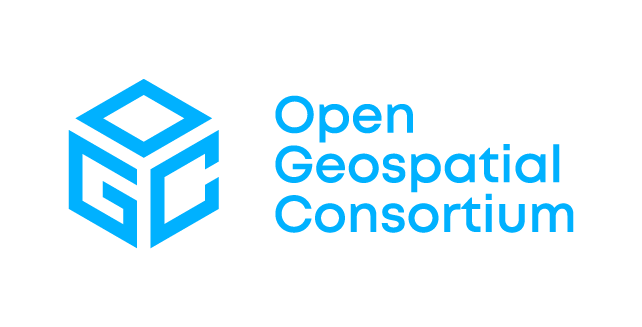Digital Building Permits
Integration of Building Information Models (BIM) & Geospatial Data
OGC is bringing its geospatial expertise to the digitalisation of building permits across two projects: ACCORD and CHEK. Albeit with a different focus, both projects aim to transform what is currently a largely manual process into a semi-automated process that allows building applications to be submitted in digital form.
In support of sustainability and resource conservation, the ACCORD (Automated Compliance Checks for Construction, Renovation, or Demolition works) has a strong focus on regulations analysis and the use of ontologies and linked data to automate the compliance checks, ACCORD will develop a semantic framework for European digital building permit processes, regulations, data, and tools. This framework will drive the formalisation of rules and the integration of existing compliance tools as Standards-based microservices, for example using OGC APIs. The solutions and tools being developed by ACCORD will provide consistency, interoperability, and reliability with national regulatory frameworks, processes, and standards.
The CHEK (Change toolkit for digital building permit) project is looking at the entire workflow for the digitalisation of building permits and is facilitating the introduction of digital building permit procedures for municipalities by developing flexible, adaptable solutions that take into account all the rules and conditions of the procedure. As with ACCORD, CHEK is using a Standards-based microservices approach to its architecture. CHEK will also develop training for municipalities, which will be made available on the Location Innovation Academy (see below). As part of CHEK, the OGC is investigating how needs-based data models can be derived dynamically as profiles of common conceptual models. The goal is to leave behind the basic problems of standardized data models. Due to their ambition to comprehensively represent a domain, they tend to be over-specified. On the other hand, they allow too much flexibility in implementation and modelling details, to adapt to several use cases needs. Current work revolves in particular around the transformation of administrative data using ontologies generated from CityGML and CityJSON.
